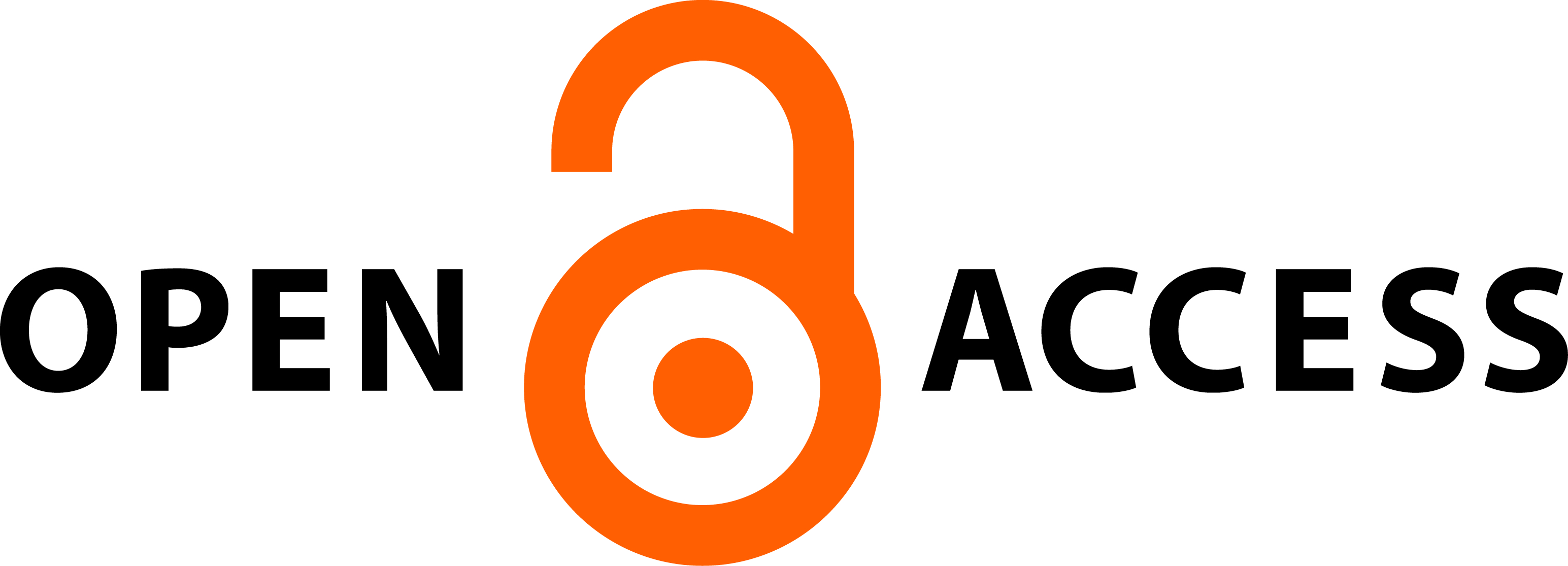Perlindungan Nasabah BMT Beringharjo Cabang Ponorogo Perspektif Hukum Positif Dan Hukum
DOI:
https://doi.org/10.21154/muslimheritage.v1i1.385Keywords:
client protection, BMT, positive law, islamic law.Abstract
Abstract: The financial institution of Syari’ah is growing and developing rapidly in Indonesia. One of it is BMT (BaÄ«tul MÄl wa TamwÄ«l). In the legal protection for clients, BMT has not yet had a legal protection particularly, but it still refers to another legal protections like koperasi and Financial Fervices Authority. The legal protection that is given for BMT Beringharjo branch Ponorogo is embodied through the ragulation of Koperasi . It is not appropriate according to the regulation No. 21. Year 2010 about Financial Fervices Authority and No. 1 Year 2013 about Micro Financial Fervices. According to that case, this article will study about the client protection given by BMT Beringharjo Branch Ponorogo in the perspective of positive and Islamic laws. According to study, so it can be deduced: first, the implementation of protection that is given by BMT Beringharjo is still less appropriate based on regulation No. 21 Year 2011 about OJK and No. 1 Year 2013 about LKM, but BMT Beringharjo has applied a legal protection of Koperasi and legal protection implicitly. Whereas the implementation of protection of Islamic law is the protection given by ilahi precepts which conveyed from Wahyu in Al-Qur’an and Sunnah. It is realized by BMT, because the clients of BMT Beringharjo less know the impact when the financial institution like BMT experinces a bankrupt.
Abstrak:Lembaga Keuangan Syari’ah tumbuh dan berkembang pesat di Indonesia, salah satunya adalah BMT (BaÄ«tul MÄl wa TamwÄ«l). Dalam perlindungan hukum kepada nasabahnya, BMT belum memiliki payung hukum secara khusus, namun masih mengacu pada beberapa payung hukum lain seperti koperasi dan Otoritas Jasa Keuangan. Perlindungan hukum yang diberikan BMT Beringharjo Cabang Ponorogo diwujudkan melalui Undang-undang perkoperasian. Hal ini ternyata tidak sesuai menurut Undang-undang No. 21 Tahun 2011 tentang Otoritas Jasa Keuangan dan Undang-undang No. 1 Tahun 2013 tentang Lembaga Keuangan Mikro. Berdasarkan persoalan tersebut, artikel ini akan mengkaji tentang perlindungan nasabah di BMT Beringharjo Cabang Ponorogo dalam Perspektif Hukum Positif dan Hukum Islam. Berdasarkan kajian, maka dapat ditarik beberapa kesimpulan, bahwa: Pertama, Implementasi perlindungan yang diberikan oleh BMT Beringharjo masih kurang sesuai menurut UU No. 21 Tahun 2011 tentang OJK dan UU No. 1 Tahun 2013 tentang LKM, akan tetapi BMT Beringharjo sudah menerapkan perlindungan hukum perkoperasian dan perlindungan hukum secara implisit. Sedangkan implementasi perlindungan prespektif hukum Islam merupakan perlindungan yang diberikan oleh ajaran-ajaran Ila>hi> yang disampaikan lewat Wahyu yang dapat ditelusuri dalam ayat al-Qur’an maupun sunah, hal ini direalisasikan oleh BMT Beringharjo dengan sistem audit. Kedua, Implikasi pada BMT Berngharjo dalam menerapkan perlindungan hukum tidak berdampak bagi para nasabah yang mengamanahkan dananya di BMT tersebut, karena nasabah BMT Beringharjo kurang mengetahui dampak yang akan diterima ketika sebuah lembaga keuangan seperti BMT mengalami pailit.
Downloads
Published
Issue
Section
License
Requirements to be met by the author as follows:
- Author storing copyright and grant the journal right of first publication manuscripts simultaneously with licensed under the Creative Commons Attribution License that allows others to share the work with a statement of the work's authorship and initial publication in this journal.
- Authors can enter into the preparation of additional contractual separately for non-exclusive distribution of a rich version of the journal issue (eg:post it to an institutional repository or publish it in a book), with the recognition of initial publication in this journal.
- Authors are allowed and encouraged to post their work online (eg, in institutional repositories or on their website) prior to and during the submission process, because it can lead to productive exchanges, as well as citations earlier and more severe than published works. (see The Effect of Open Access).















